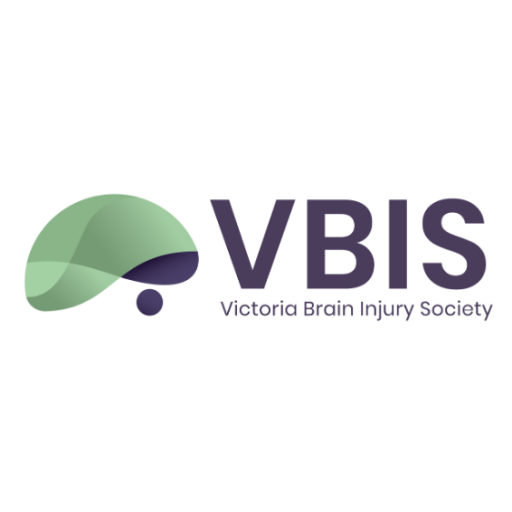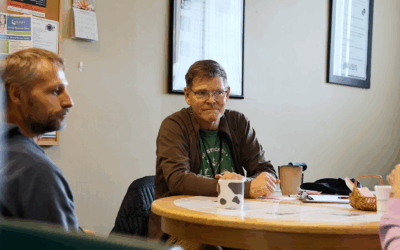By Shaylen Hardy
The Government of Canada is committing to diversifying neuroscience to better address
the problems and discrepancies in current research. Historically, brain research has focused on
using male participants and subjects without including other participants or subjects. This can
affect the overall health outcome of women and gender diverse people as their experiences are
not currently prioritized in neuroscience. Allowing for the inclusion of other perspectives within
research can work to mitigate the deficits in brain research for female, women and gender
diverse people. This is important for promoting a more integrated understanding of the brain,
and creating a better understanding of neurological health in all Canadians.
The 2024 federal budget has committed to $80 million in funding for Brain Canada over
the next four years. Brain Canada is a foundation that works to distribute funding for
neuroscience research across Canadian programs. This includes research related to
neurological illnesses as well as mental health to secure a more holistic understanding of how
the brain works. In addition, Brain Canada has also committed to matching this fund allowing for
a total of $160 million to be invested in neuroscience in the next four years. As Canada’s
population continues to age, and different neurological and neuropsychiatric conditions become
more common this funding is important for providing the necessary tools and research to treat
individuals from all backgrounds.
With funding secured, Brain Canada has launched The Brain Canada sex and
gender-based analysis plus (SGBA+) and equity, diversity and inclusion (EDI) Action Plan
2022-25. In this plan, Brain Canada is working to include underrepresented groups in brain
research using the federal Dimensions Charter to facilitate an intersectional understanding of
diversity and inclusion for this plan. This ensures that underrepresented groups such as women,
minority groups, people with disabilities, etc., are included in new research in Canada.
Importantly, this will allow for equitable treatment across all communities and encourage a more
comprehensive approach to treating brain health.
One program called the Basics of Better Mental Health Program was given $3.3 million
to invest in research focusing on understanding neurological disorders with an emphasis on
sex-specific differences. Excitingly, three recipients were awarded $1.1 million each to support
their projects. Dr. Stephanie Borgland and her team from the University of Calgary are looking at
the relationship between metabolism and mental health conditions including depression. Dr.
Liisa Galea and her team from the Centre for Addiction and Mental Health are researching
postpartum depression and mental health. Finally, Dr. Susan George and her team from the
University of Toronto are carrying out research to better understand depression in women.
These new research projects aim to better comprehend brain health in women and improve
resources and treatment in healthcare.
As new research continues to expand our understanding of how the brain works it is
crucial that funding continues to prioritize the inclusion and representation of marginalized
communities in Canada. By doing so, neuroscience as a field can better understand the needs
of all individuals and improve quality of life for Canadians.

Impressive $3.3M investment in Basic Mental Health Research
For more information:
Government of Canada Supports Brain Canada’s Research Programs to Improve Brain Health
$80 million over four years would support the advancement of brain research in Canada
References:
Edi action plan. Brain Canada Foundation. (2024, October 15).
https://braincanada.ca/about/edi-action-plan



